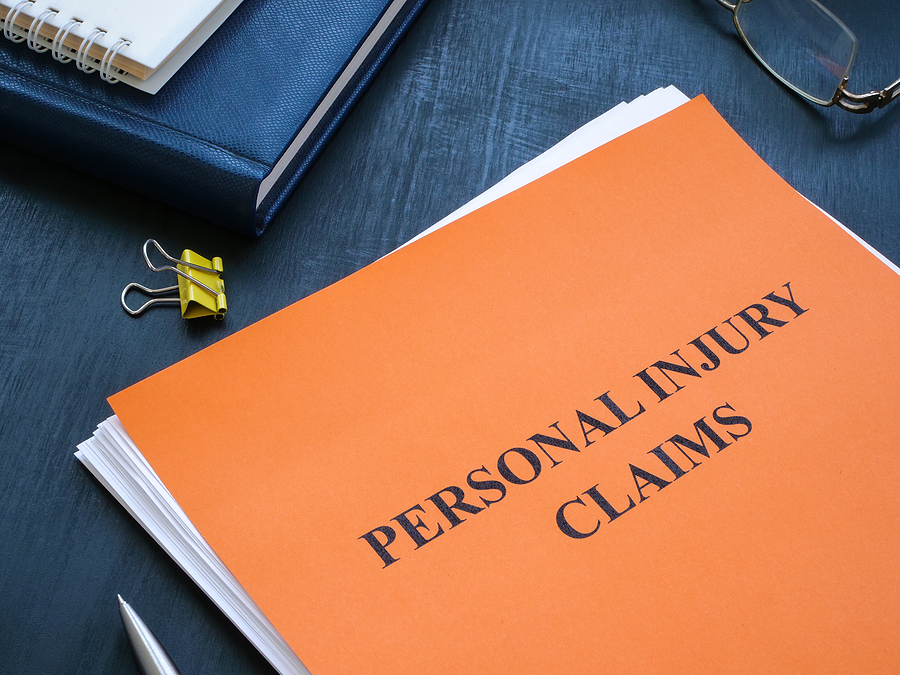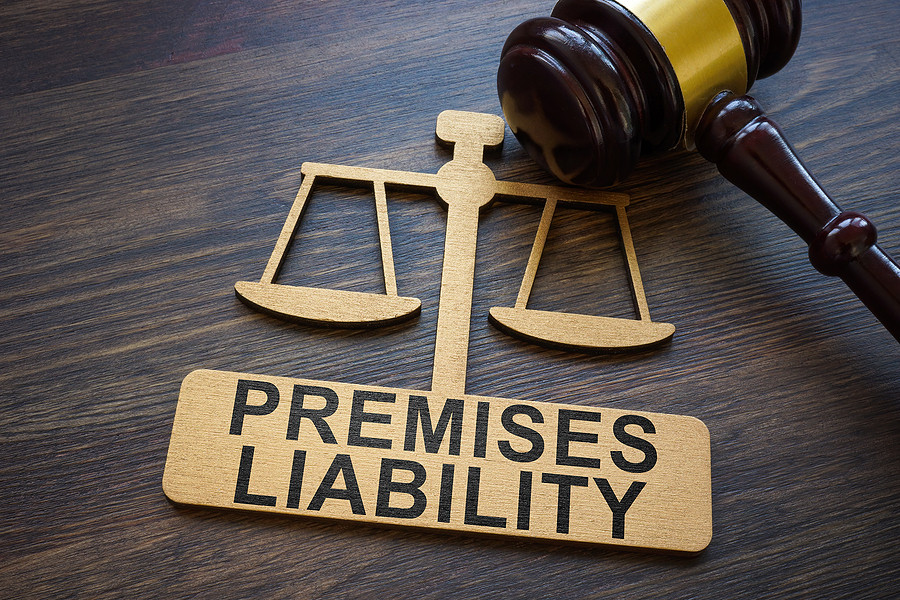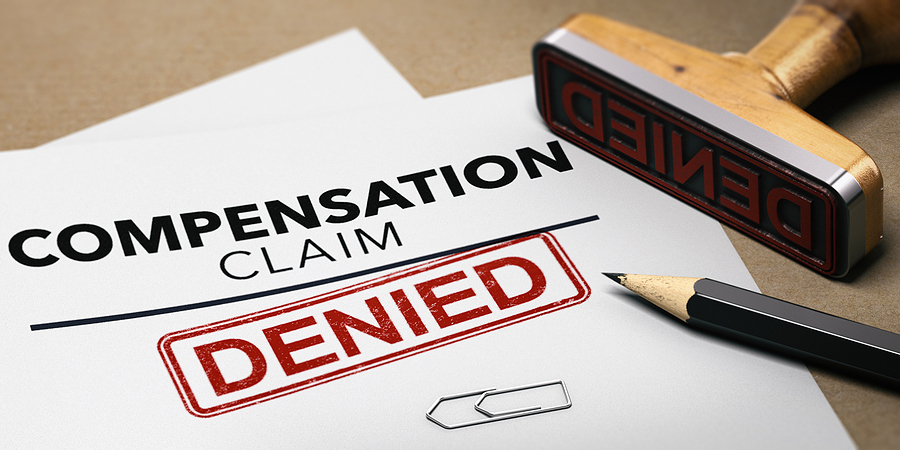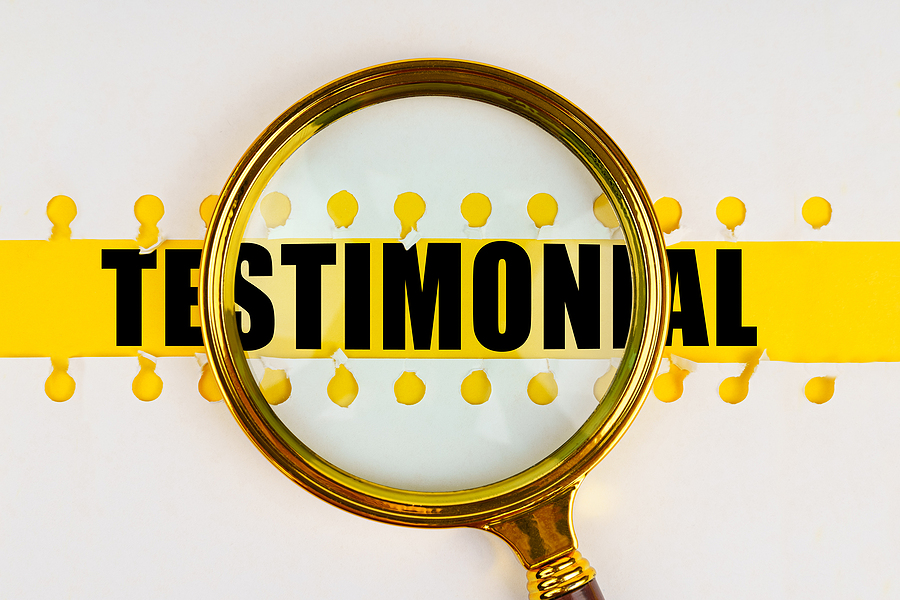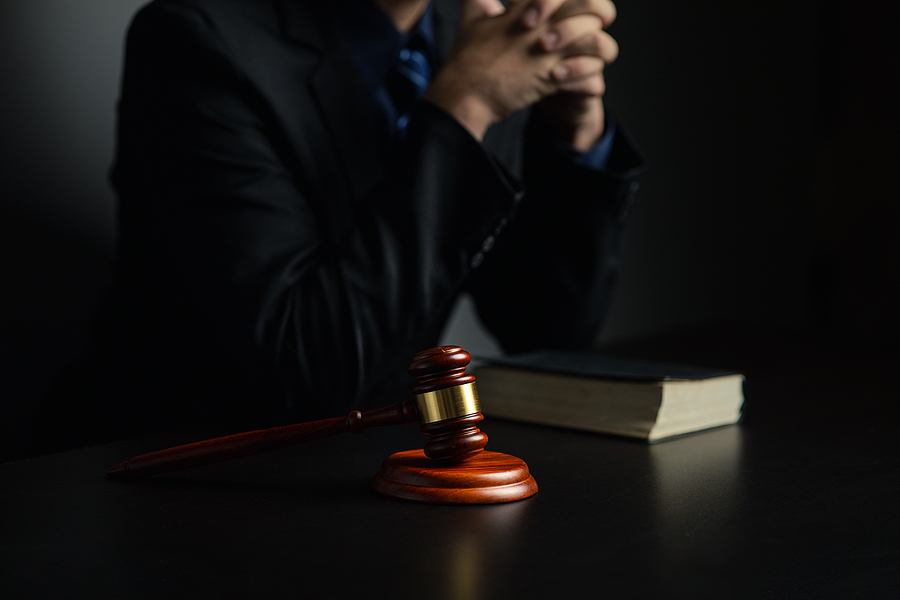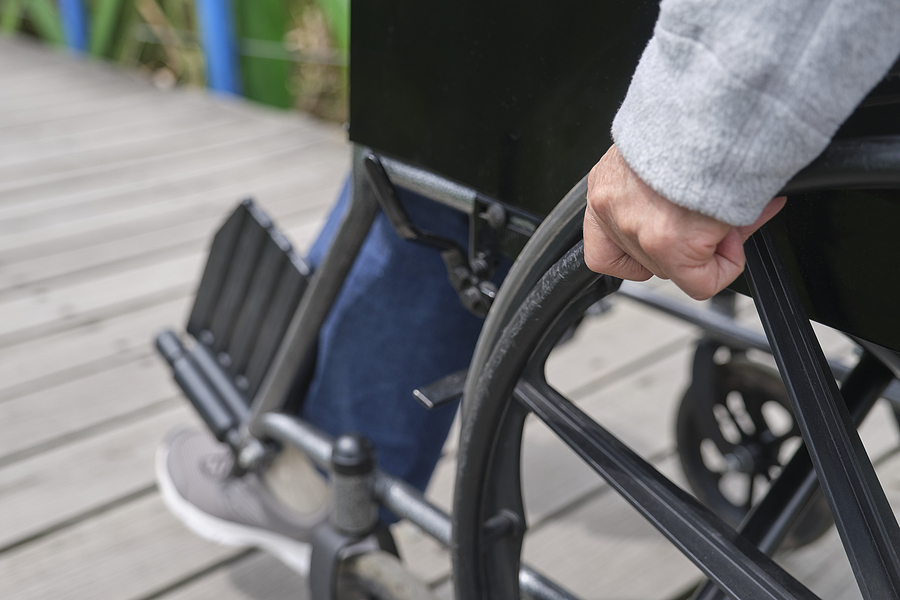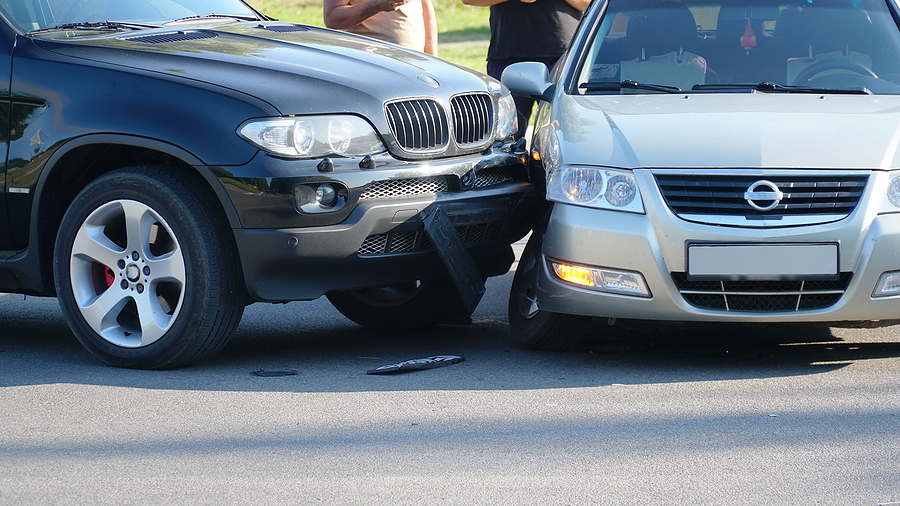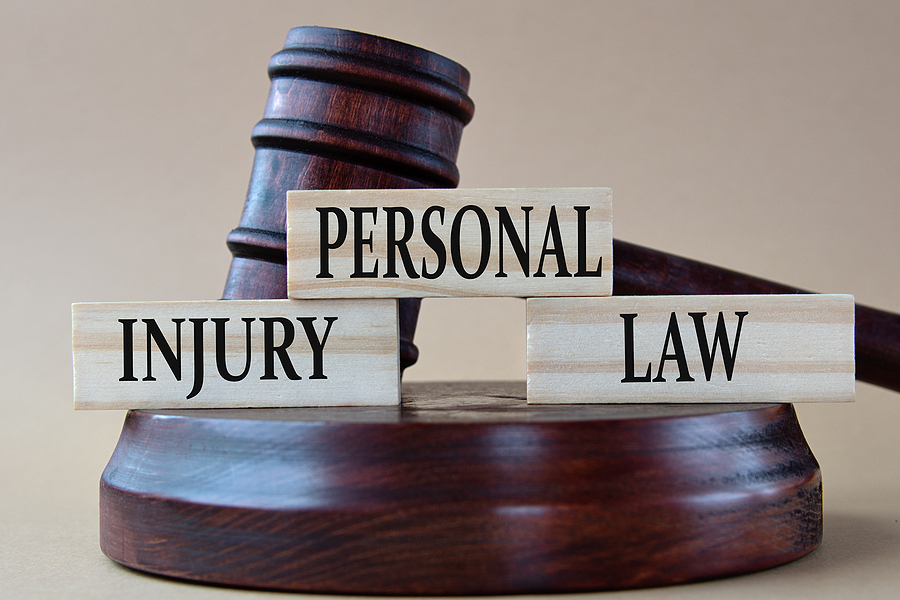When it comes to personal injury cases, the difference between a favorable outcome and a disappointing one often hinges on the insights provided by medical experts. Their expertise and understanding of complex health conditions can be instrumental in shedding light on the nature and impact of injuries sustained.
In this blog post, we’ll delve into how medical experts contribute to personal injury cases, the importance of their expert testimony, and why their knowledge can be the decisive factor in reaching a fair and just resolution.

The Role of Medical Experts in Personal Injury Cases
Personal injury cases involve legal disputes arising from accidents or incidents that have caused harm to an individual’s physical and/or mental well-being. These injuries can range from minor cuts and bruises to severe disabilities or even death. In such cases, medical experts play a crucial role in providing the necessary knowledge and evidence to support the plaintiff’s claims.
The first step towards seeking compensation for personal injuries is establishing proof of harm. This requires demonstrating that the injuries sustained were a result of the incident in question. Here, medical experts can provide invaluable insights by examining the patient’s medical history, conducting thorough physical exams, and reviewing diagnostic tests. Their findings help establish a clear link between the accident and the resulting injuries, providing a solid foundation for the case.
The Importance of Expert Testimony
In personal injury cases, expert testimony is often the most important form of evidence. It involves medical experts taking the stand and giving their professional opinions on matters such as causation, severity of injuries, and long-term effects. This testimony can be crucial in helping judges and jurors understand complex medical terms and processes that may have contributed to the injuries.
Expert testimony also helps bridge the gap between medical evidence and legal arguments. Medical experts are well-versed in presenting technical information in a manner that is easily understood by non-medical professionals. Their insights can make a significant difference in how the evidence is perceived and evaluated, potentially swaying the final decision in favor of the plaintiff.
Why Medical Knowledge Matters
In personal injury cases, medical knowledge can be the decisive factor in determining the outcome. The insights provided by medical experts can uncover hidden injuries or long-term effects that may not have been immediately apparent. This information can significantly impact the amount of compensation awarded to the plaintiff, as well as the defendant’s liability. Additionally, medical knowledge helps establish a timeline for recovery and potential ongoing treatment costs, which are essential considerations when seeking damages.
Moreover, medical insights also play a critical role in assessing non-economic damages such as pain and suffering or loss of enjoyment of life. These aspects are often challenging to quantify but can significantly impact the plaintiff’s quality of life. Medical expertise provides opinions on the severity and long-term effects of injuries, helping to assign a fair value to these intangible yet very real damages.
Conclusion
In personal injury cases, medical insights are undeniably the difference maker. The expertise and knowledge provided by medical experts can be instrumental in establishing proof of harm, providing crucial evidence in the form of expert testimony, and determining the extent of damages. As such, it is essential for plaintiffs to seek out reputable and knowledgeable medical experts to ensure that justice is served in these cases. By understanding the role and importance of medical professionals in personal injury cases, we can better appreciate their contributions towards achieving fair resolutions for those affected by accidents or incidents.
We hope this blog post has provided helpful information about medical testimony for wrongly injured victims in personal injury cases. Contact Craven, Hoover & Blazek, P.C. at 317-881-2700 to schedule a no-fee personal injury case evaluation with a seasoned accident lawyer in Indianapolis, today. Meet with us over the phone, video conference, or in person at our Indy office.
Related Posts:
Understanding the Importance of Medical Experts in Personal Injury Cases
What is Maximum Medical Improvement in a Workers’ Compensation Case?
Steps to Take Immediately After a Personal Injury Occurrence in Indiana

